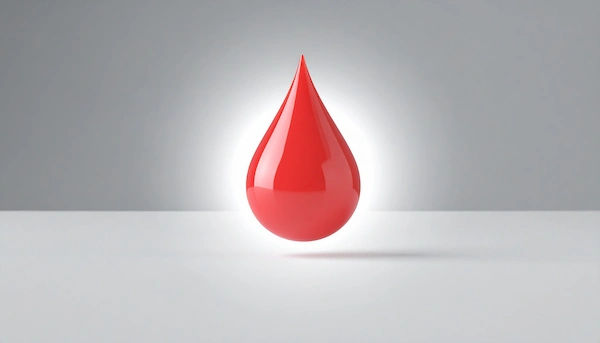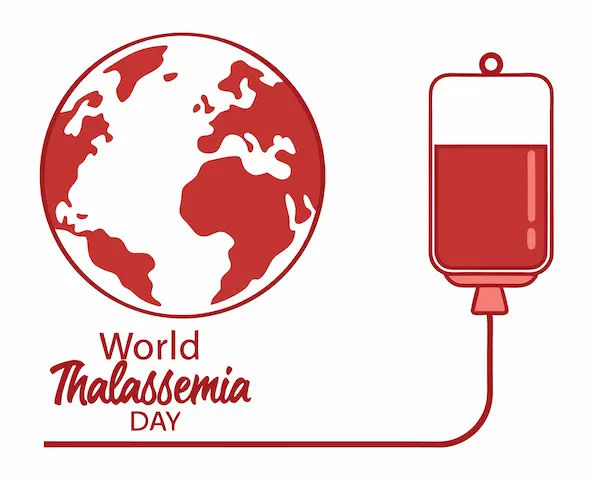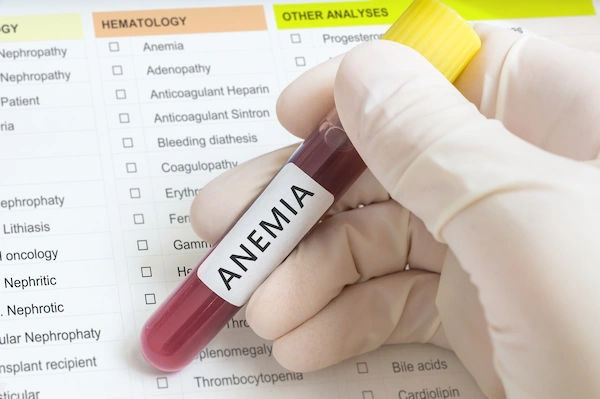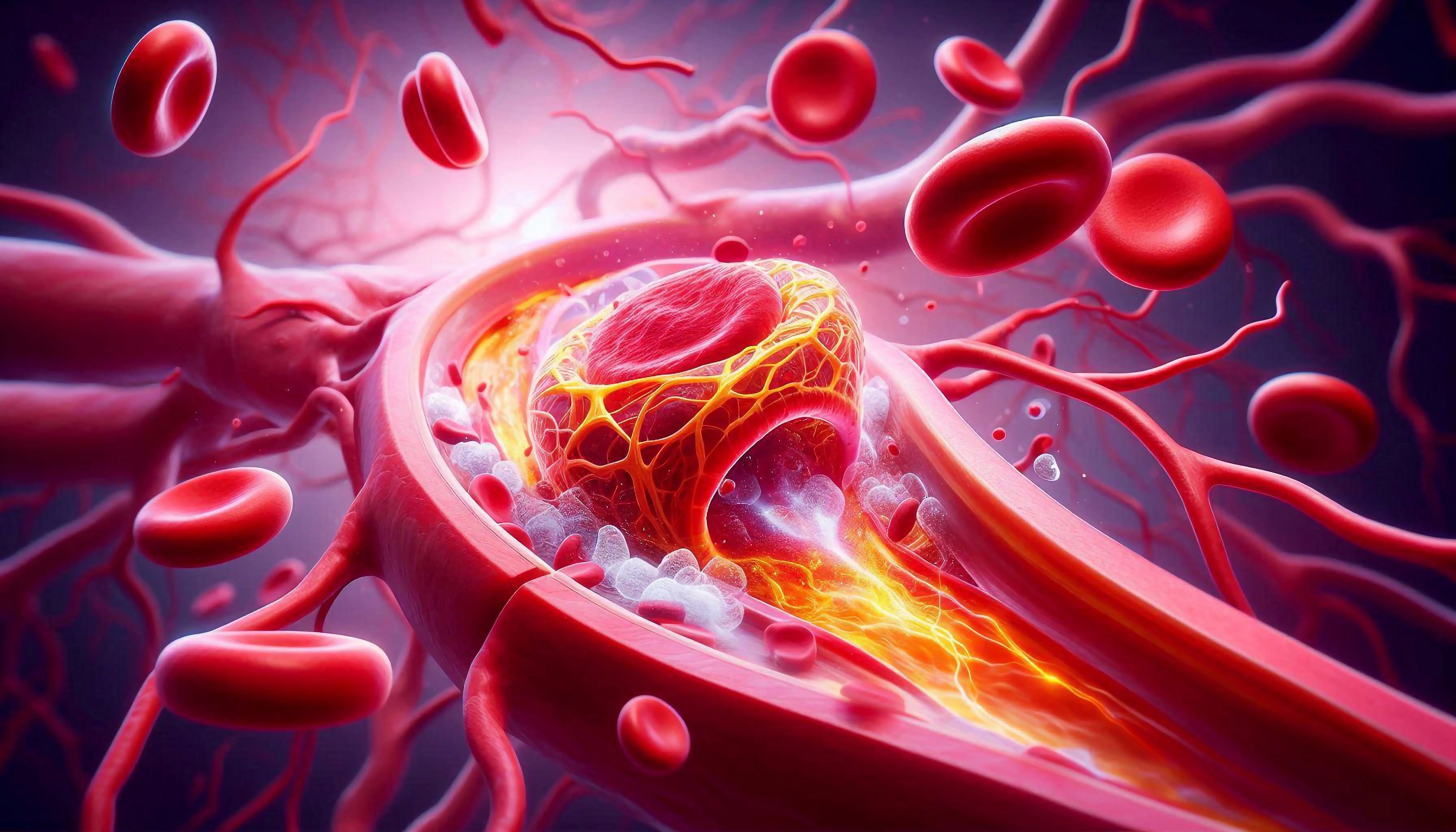- Male
- 30 Years
- 31/03/2021
How can I raise my iron levels fast?
Answered by 1 Apollo Doctors
Taking Iron rich diet,meat,fish,prune juice,jaggery may help. Vitamin c intake may also boost iron absorption..
Dr. Dhankecha Suggests...
Consult a Haematologist
Answered 04/07/2025
0
0


Ask Apollo
AI powered Health Chatbot
-
Understanding Iron Deficiency
Iron is crucial for oxygen transport and energy production. Low levels can result from poor diet, blood loss, or absorption issues. -
Dietary Changes to Boost Iron Quickly
a. Iron-rich foods: Include red meat, poultry, fish (heme sources), beans, lentils, spinach (non-heme sources).
b. Enhance absorption: Pair with vitamin C-rich foods (e.g., citrus fruits). Avoid tea/coffee with meals. -
Iron Supplementation
a. Common supplements: Ferrous sulfate, ferrous fumarate.
b. Dosage and timing: Follow healthcare provider's advice; take on an empty stomach if tolerated.
c. Side effects: May include constipation or nausea; increase fiber intake to manage. -
When to Seek Medical Advice
Consult a healthcare provider before starting supplements. Persistent symptoms or underlying conditions may need further evaluation. -
Additional Supportive Measures
Avoid blood loss and manage chronic conditions to support iron levels. -
Relevant Medical Specialties
Consult hematology or general medicine for diagnosis and management.
Recommended next steps
Consult a Haematologist or Consult a General Physician/ Internal Medicine Specialist
Answered 20/08/2025
0
0
More Haematology Health Queries
View allI'm a bit worried because my platelet count has dropped to 110,000, but I don't have any signs of dengue. I've heard that goat milk might help increase platelet levels. Is that true? What can I do to naturally boost my platelet count?
While goat milk is a good source of protein and calcium, there is no scientific evidence to support its role in increasing platelet count. To increase platelet count, you can consider taking medications like "Eltrombopag" at a dosage prescribed by your doctor. Additionally, consuming foods rich in vitamin K like spinach, kale, and broccoli can also help boost platelet production. Remember to follow your doctor's advice for the best treatment plan.
Answered by 1 Apollo Doctors
My white blood cell count isn't increasing, and I've been experiencing some discomfort in my chest and heart area. I'm a bit worried about what this could mean. Could these issues be related, and should I consider getting some tests done?
I would recommend consulting with a healthcare professional for a thorough evaluation and proper diagnosis. In the meantime, you can consider taking antibiotics like Amoxicillin (dosage: 500mg-875mg) to help increase white blood cell count and relieve any potential infection. Additionally, medications like Aspirin (dosage: 75mg-325mg) can help with chest pain by reducing inflammation.
Answered by 1 Apollo Doctors
Im really confused about my dads D-dimer levels after his COVID recovery. His first test showed 1800, but we didnt find out until five days later. He wasnt showing any clotting symptoms, so we checked with a doctor who recommended blood thinners. We decided to get another test done at a more reliable lab two days later and it came back at 160. He had been taking dabigatran 150 BD during those two days. We re-tested after 15 days, and the D-dimer was 180. Im trying to figure out if the blood thinner could have caused such a big drop from 1800 to 160, or if its safe to just disregard the first test as incorrect and stop the meds. Could you help me understand whats going on?
Physician opinion is advised to the patient.
Answered by 1 Apollo Doctors
Disclaimer: Answers on Apollo 247 are not intended to replace your doctor advice. Always seek help of a professional doctor in case of an medical emergency or ailment.


.webp)


